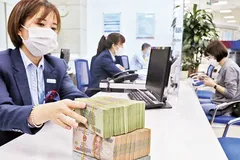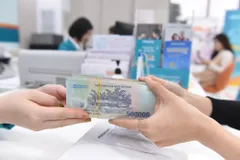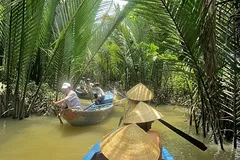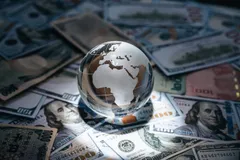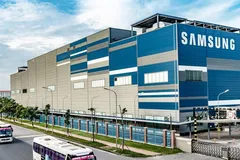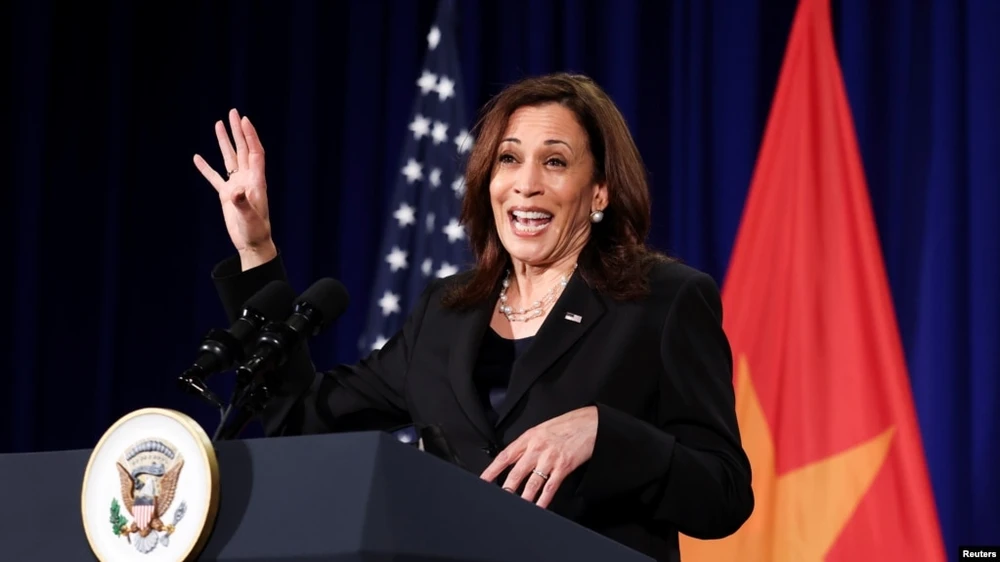
Since normalizing diplomatic relations in 1995, the relationship between the United States and Vietnam has progressed to the point where both nations now cooperate on a wide range of issues, including fighting COVID-19, combatting the climate crisis, and promoting shared economic opportunities.
On her recent visit to Vietnam, Vice President Kamala Harris announced that the United States is donating an additional one million doses of the COVID-19 Pfizer vaccine, bringing the total U.S. donation to Vietnam to more than 6 million doses. The U.S. Agency for International Development and Centers for Disease Control are providing Vietnam with an additional $23 million in technical assistance, which will accelerate delivery of COVID-19 vaccine doses, strengthen Vietnam’s health system to respond to COVID-19, and build capacity to detect and monitor COVID-19 and future disease threats.
The United States is now Vietnam’s second largest trading partner and its top export market worldwide. USAID and the Vietnam Chamber of Commerce and Industry signed a Memorandum of Understanding, or MOU, to boost Vietnam’s competitiveness, expand market opportunities for U.S. companies, and strengthen Vietnam’s environmental policy. This MOU will promote sustainability and green technology in an effort to protect the environment, reduce emissions, and address the climate crisis.
The Biden-Harris Administration continues to put human rights at the center of its foreign policy. While in Vietnam, Vice President Harris expressed support for Vietnam’s civil society and advocated for freedoms of expression, belief, and association in Vietnam, noting the United States would continue to be frank with Vietnam about ongoing human rights challenges, including advocating for Vietnam’s release of individuals detained for peacefully exercising their fundamental freedoms.
Vice President Harris committed to Vietnamese government leaders the U.S. resolve to continue addressing shared war legacy issues. As such, the United States will provide an additional $17.5 million for surveying and clearing unexploded ordnance.
Vice President Harris’s travel to Vietnam signifies the United States’ deep commitment to a strong, prosperous, and independent Vietnam, as well as a free, open, healthy, and resilient Indo-Pacific region.










